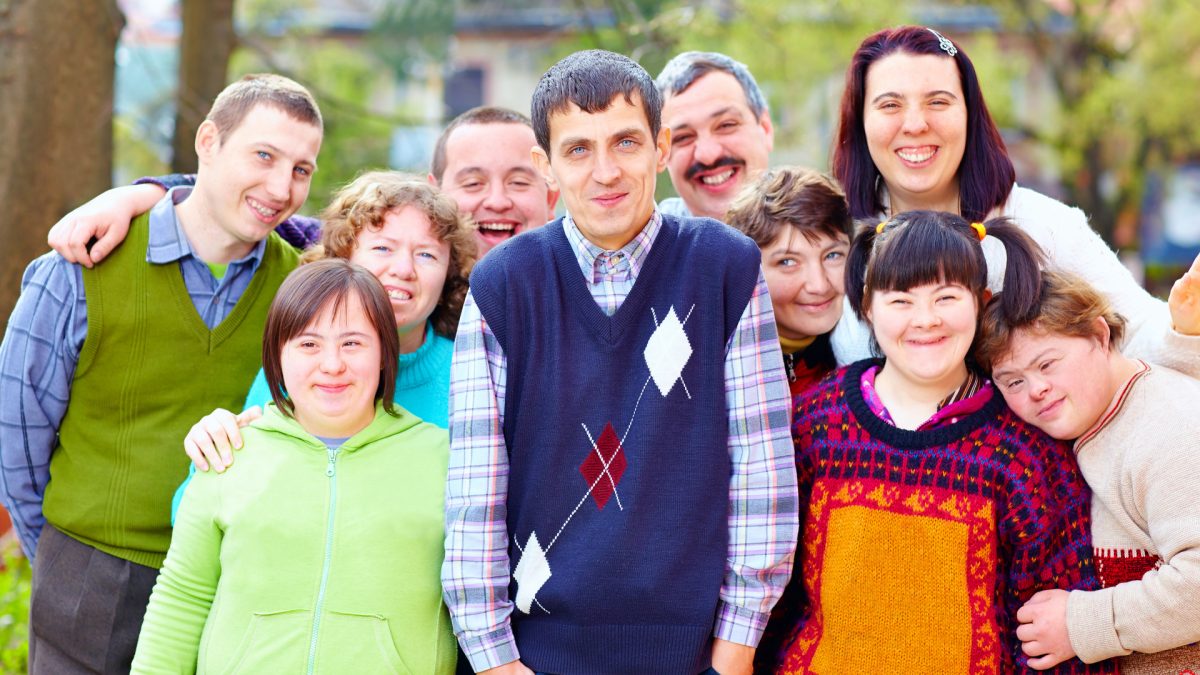Evidence is at the root of good policy making. This is a statement that the Scottish Government themselves would wholeheartedly agree with. But not all policy is as evidence based as it could be.
Over the last year the Fraser of Allander have been involved in a programme of work looking at the day to day lives of people with a learning disability, the support they receive and the opportunities they have to live fulfilling lives. Every issue we’ve looked at, from social care to employment, we’ve come up against the same constraint – absent or incomplete data. This is best exemplified by the fact that no one even knows how many people in Scotland have a learning disability.
Whilst we’re used to coming up against some issues with data in Scotland, for example due to small sample sizes in surveys, that is not the issue we face here. Instead, with the exception of healthcare and schools data, we have a situation where there has been little or no effort to systematically collect information on people who have a learning disability or to build on the incomplete data that does exist to build a fuller picture that can adequately inform policy.
So what needs to happen to change this? In our new report out today, we have suggested a series of recommendations for the Scottish Government to consider.
1. Population data: The Scottish Government should recognise that current data is not fit for purpose and they should examine approaches to build on existing data to enable understanding of the requirements of people with learning disabilities throughout their life course.
2. Social care: It is important to have a robust baseline of support that is available in terms of financial resources, eligibility and experience of the current social care system. These aspects need to be monitored to understand what is changing, and the impact that this is having on the people that draw on these services. The Scottish Government should take responsibility for this now to ensure that the impact of the new National Care Service can be monitored and evaluated.
3. Unpaid carers: The Scottish Government must bring together evidence to ensure that reforms to Carers Allowance and the National Care Service are considered together so as to provide an integrated package that allows genuine choices for unpaid carers and those who draw on unpaid care support.
4. Employment support: The Scottish Government should carry out an audit of the current employability support schemes on offer in each part of Scotland for people with learning disabilities, and the routes that people come through to access them. This is crucial as more support is localised through the No One Left Behind strategy.
5. Transitions: The Scottish Government should ensure that reforms, including No One Left Behind and the National Care Service, provide specific proposals that ensure changes made will improve transitions for young people with disabilities. The implementation of these changes should be monitored and the experience of young people with disabilities during the transition period should be routinely captured as part of monitoring and evaluation.
6. The Pandemic: The Covid-19 inquiry should consider in detail the damage done during Covid-19, both in terms of the impact on services provided and the experience of life for people with learning disabilities and their families to inform improvements in the future.
To enable these changes to happen, we believe that there needs to be far more dedicated analytical support for learning disabilities policy within government. Without this, it is difficult to see how any improvements can be made and sustained.
Our recommendations bring together research and evidence we have gathered over the last 15 months, all of which can be found here: https://fraserofallander.org/research/adults-with-learning-disabilities-in-scotland/
Authors
Emma Congreve is Principal Knowledge Exchange Fellow and Deputy Director at the Fraser of Allander Institute. Emma's work at the Institute is focussed on policy analysis, covering a wide range of areas of social and economic policy. Emma is an experienced economist and has previously held roles as a senior economist at the Joseph Rowntree Foundation and as an economic adviser within the Scottish Government.

Rob Watts
Knowledge Exchange Associate at the Fraser of Allander Institute

